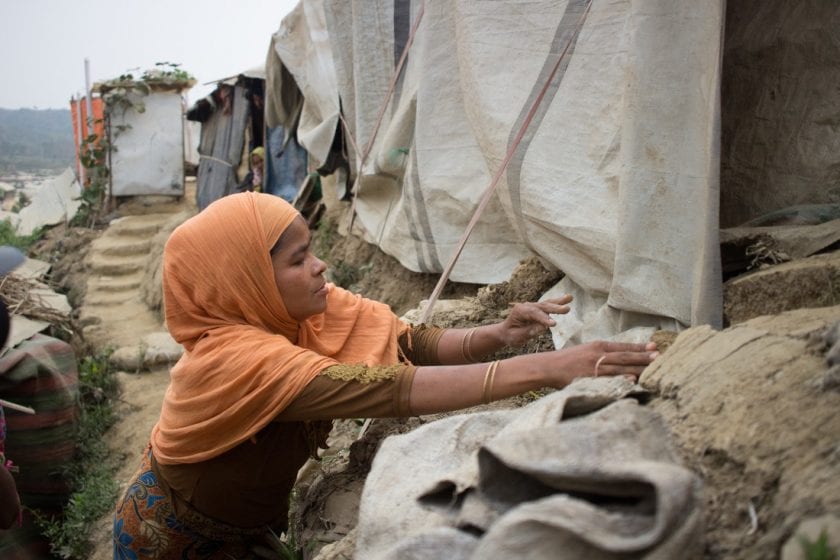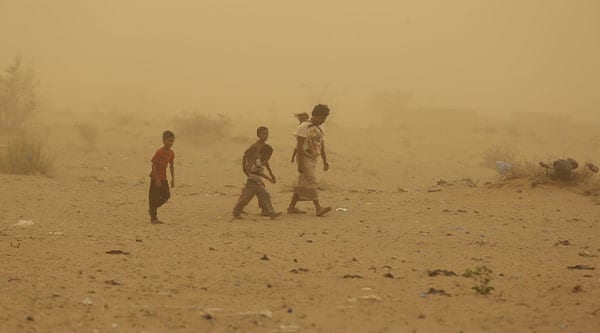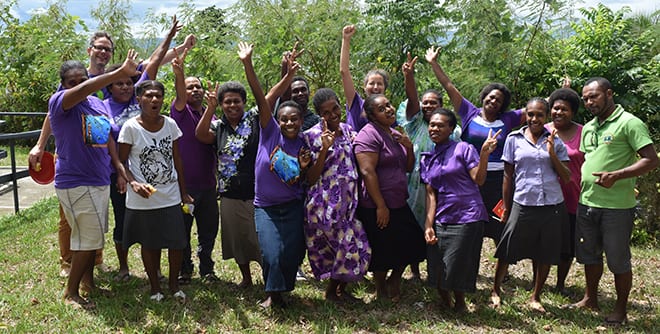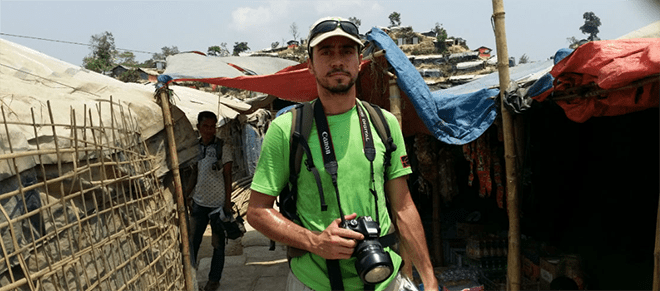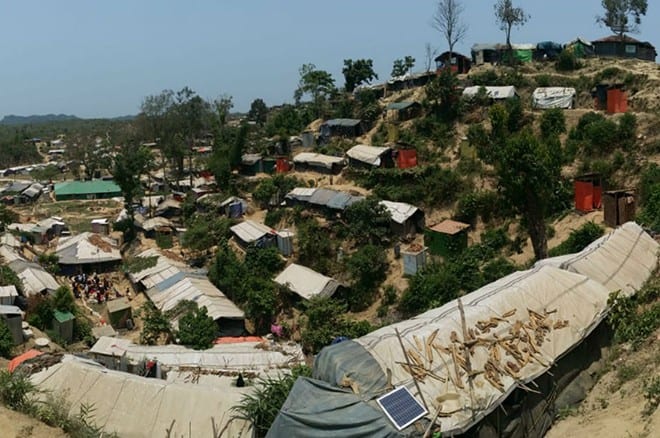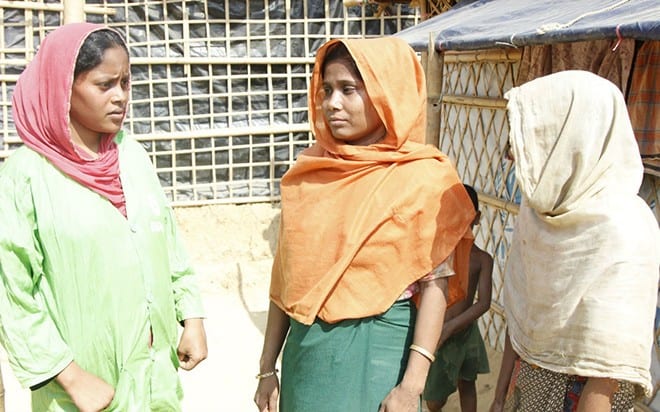Inequality is rampant across the global economy, and the agro-food sector is no exception.
At the top, big supermarkets and other corporate food giants dominate global food markets, allowing them to squeeze value from vast supply chains that span the globe, while at the bottom the bargaining power of small-scale farmers and workers has been steadily eroded in many of the countries from which they source.
The result is widespread human suffering among the women and men producing food for supermarkets around the world. From forced labour aboard fishing vessels in Southeast Asia, to poverty wages on Indian tea plantations and hunger faced by workers on South African grape farms, human and labour rights abuses are all too common in food supply chains.
In an era of gross global inequality and escalating climate change, this business model is increasingly unsustainable. But it doesn’t have to be this way. Governments, food companies, small-scale farmers and workers, and citizens around the world can all help to rebalance power in food supply chains and ensure they more fairly reward those producing our food. The supermarket sector is ripe for change.
There is no justifiable reason that the human and labour rights of women and men supplying supermarkets cannot be respected. There is no moral excuse for anyone producing our food to go hungry. This report launches Oxfam’s new campaign to expose the root causes behind human suffering in food supply chains and to mobilise the power of people around the world to help end it, starting with a focus on the role of supermarkets.





